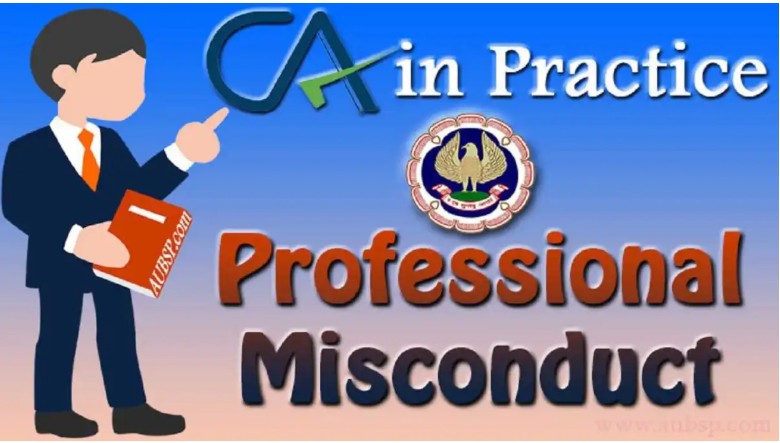@JUDGMENTTAG-ORDER
K.T. Thomas, J.@mdashA complainant in a criminal case sought the assistance of the court to get a document searched out from the custody of one of the accused. The court declined to extend its assistance to the complainant. Hence that complainant has approached this court with a petition u/s 482 of the Code of Criminal Procedure (for short "the Code"). The complainant will be referred to hereinafter as the petitioner. The petitioner filed the complaint against ten persons, accusing thorn of different offences and the learned Magistrate took cognizance of the offences under Sections 463. 464 and 471 read with Section 34 of the I P. C. The all Rations in the complaint are not relevant for consideration at this stage, and hence T do not narrate them here. During the pendency of the case the petitioner filed an application for giving a direction to the Assistant Registrar of a Co-operative Society (for short ''Society'') to produce some records Pursuant to the summons issued to the said Assistant Registrar, he appeared in court and submitted that the required records are not within his powers and control. Thereafter, the petitioner filed the second application praying for the issue of a search warrant to search out the documents. It is mentioned in the application, that those documents are being kept in the office room of the Society which is under the control of its Secretary. The learned Magistrate dismissed the said application. Hence the complainant filed the present petition for invoking powers u/s 482 of the Code.
2 The Secretary of the Society is one of the accused in the complaint. The learned Magistrate dismissed the second application mainly on the ground that the petitioner should have approached the Joint Registrar of the Society and request him to take further action. The Magistrate expressed doubt in the bonafides of the petitioner in filing the said application.
3. From the petitioner''s point of view the document required are important so far as the allegations in the complaint are concerned It is not disputed before me that those documents are important to prove the prosecution case. If those documents are in the custody of one of the accused, a summons cannot be issued to the accused for production of those documents, since the said course may amount to infringement of the protection afforded to an accused person against testimonial compulsion. Section 93 of the Code deals with search warrants in general. Sub-section (2) and (3) of the said Section are not very material for the purpose of this case. Hence Section 93(1) alone is quoted below:
93. When search-warrant may be issued. -- (I) (a) Where any Court has reason to believe that a person to whom a summons or order u/s 91 or a requisition under sub-section (I) of Section 92 has been, or might be, addressed, will not or would not produce the document or thing as required by such summons or requisition, or
(b) where such document or thing is not known to the Court to be in the possession of any person, or
(c) where the Court considers that the purposes of any inquiry, trial or other proceeding under this code will be served by a general search or inspection.
it may issue a search-warrant; and the person to whom such warrant is directed, may search or inspect in accordance therewith and the provisions hereinafter contained.
4. A search-warrant can be issued in one of those three contingencies. The first situation referred to in clause (a) of the sub-section has no application in this case, because no summons could be issued to the accused to produce the documents. The second situation referred to in clause (b) is also not applicable because the petitioner has no case that he does not know the place where the documents are kept and in fact mention is made in the application that the documents are in the control of the Secretary and are kept in the office of the Society. Hence the next resort is to the third situation envisaged in clause (c) of the sub-section. A condition for getting into the third situation is that the court should consider that the "purpose of any inquiry, trial or other proceeding will be served by a general search or inspection". When a document is alleged to be in the possession of the accused, which document is very material for the purpose of inquiry or trial, the criminal court cannot be rendered helpless in getting those documents produced in court. If the third situation referred to above could also not be used for that purpose, there must be some other provisions in the Code to meet that contingencies. But, the counsel on both sides could not refer me to any other provision in the Code which enables the court to order a search or to issue a search-warrant to get the documents in the possession of an accused. The learned counsel for the respondent contended that the situation evisaged in Section 93(1)(c) would arise only if the place where the documents are kept is unknown. The said contention cannot be accepted in view of the specific provision in clause (b) of the sub-section to meet such a situation.
5. The learned counsel referred to the following observation of the Supreme Court in
Section 93(1)(c) comprehends a situation where a search warrant can be issued as the court is unaware of not only the person but even the place where the documents may be found and that a general search is necessary..............."
The said observation cannot be read in isolation from the ratio of the decision which shows that the power of the court u/s 93(1)(c) cannot be cut down by importing some of the requirement of clause (b). The Supreme Court, in that decision, took care to further observe that ''"no canon of construction would permit such an erosion of power of the court to issue a general search warrant". The Supreme Court, in that decision, considered the situation covered by clause (c) of the sub-section, and a note of caution was struck in the decision against whittling down of the scope of that clause.
The learned counsel referred to a decision of a -single Judge of the Punjab and Haryana High Court in
With the said observations the impugned order is set aside. The matter is sent back to the court below to pass appropriate orders on the application filed u/s 93 of the Code.

